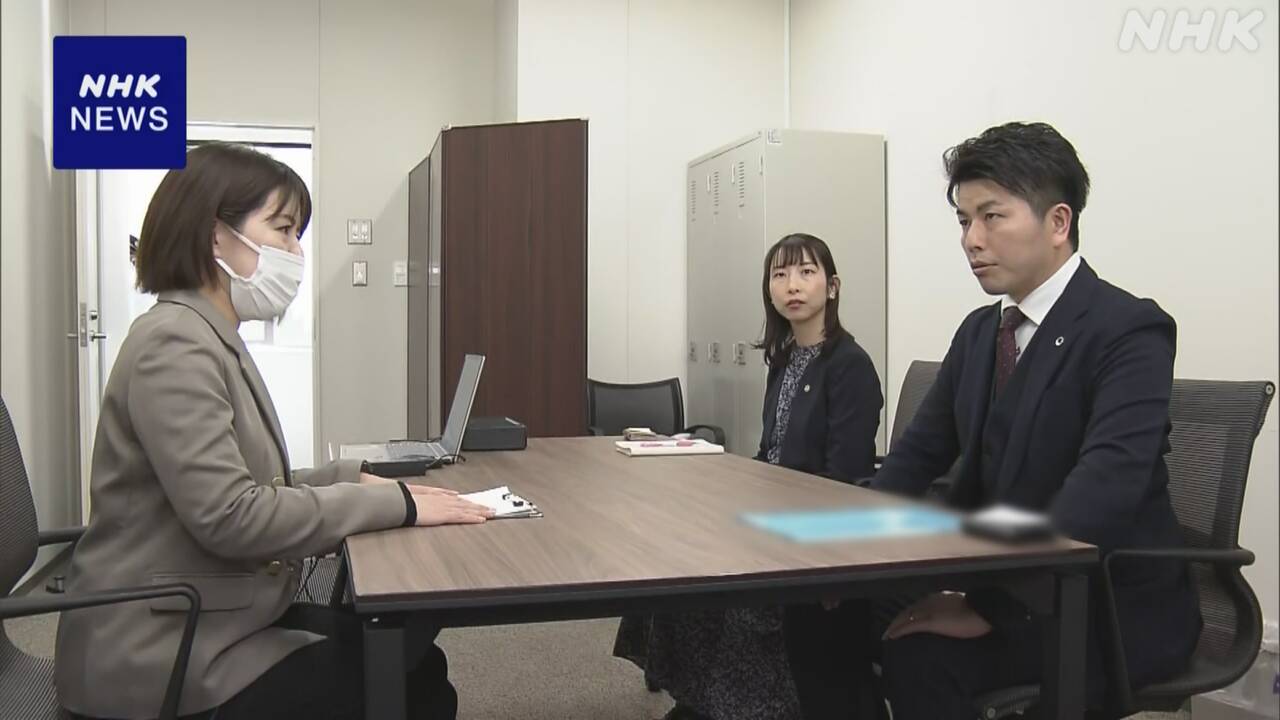Takuya Matsunaga, who lost his wife and daughter in a runaway accident in Ikebukuro, Tokyo, five years ago, visited the prison where the inmate who caused the accident was being held for the first time on the 22nd. They took advantage of a new system that allows victims and others to express their feelings to their perpetrators through prison staff, and expressed their desire to ``face each other as people and have a proper conversation.''
In April 2019, a car spun out of control in Ikebukuro, Tokyo, killing Mana Matsunaga (31) and her eldest daughter Riko (3), and injuring nine others, including Kozo Iizuka, who was driving the car. A 92-year-old inmate has been sentenced to five years in prison for causing death and injury by negligent driving.
Takuya Matsunaga, who lost his wife and daughter in this accident, was admitted on the 22nd, hoping to convey his feelings to the inmates using a new system that allows victims and their families to convey their feelings to the perpetrators. It was my first time to visit a prison.
Under this system, which began in December last year, prison officers and other detention facility staff listen to the feelings of victims and their families, and then convey the information to the perpetrators themselves.
According to Matsunaga, after talking with the staff in charge for about two hours, he said, ``It was extremely painful and painful to be found innocent in the criminal trial, but I don't want to waste Mana and Riko's lives, nor do I want to waste your experience and suffering.'' So, I want to face each other as people and have a proper conversation,'' he said.
After the event, Mr. Matsunaga said, ``I think it's important to go beyond the standpoints of victim and perpetrator and think about how to prevent recurrence from a joint perspective.I hope that even a little bit of what I want can be conveyed to the perpetrator. I think so,” he said.
What is this system?
A system that allows prisons and juvenile training schools to listen to the feelings of crime victims and bereaved families and communicate them to the perpetrators was launched last December.
Standing between victims and perpetrators are specially trained personnel as ``victim officers,'' who are stationed in prisons and juvenile detention centers across the country.
After listening to the victims and their families about their feelings, their current situation, and their opinions on the perpetrator's life in the facility, they compose a written document and read it aloud to the perpetrator.
The aim is to help the victim recover mentally, as well as to encourage the perpetrator to reflect on their behavior, leading to recovery and prevention of recidivism.If the victim wishes, the victim can also view the perpetrator's behavior when they have expressed their feelings. You can also find out what they are saying.
According to the Ministry of Justice, the system may not be available in cases where there is a risk of resentment against the victim.
On the 22nd, a victim affairs officer who listened to Mr. Matsunaga's feelings said, ``Keeping in mind that this is a system for victims, we also need to convey to inmates a deep and important message just by conveying it to them, and it is important for their rehabilitation.'' I think it will be more effective, so instead of just relaying what the victim said, I want to convey it in a way that resonates with the inmates.''

